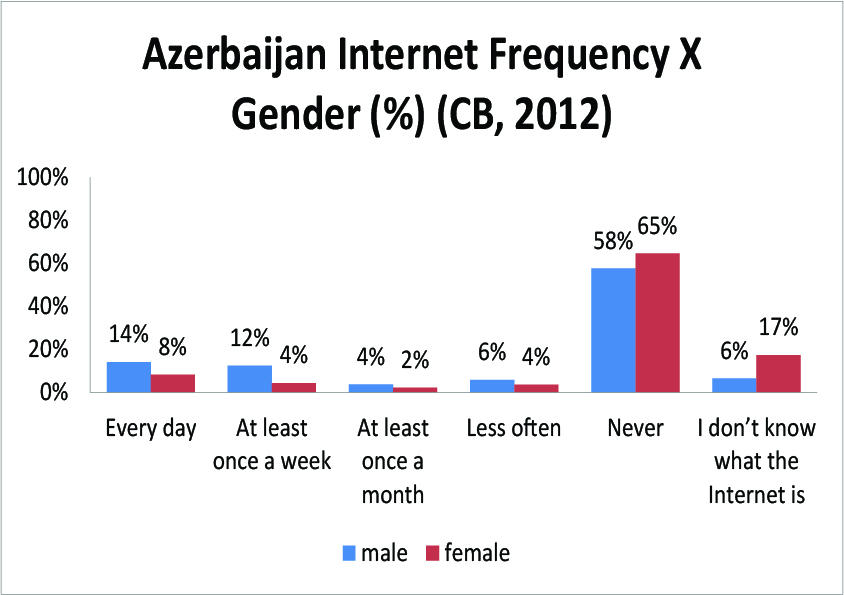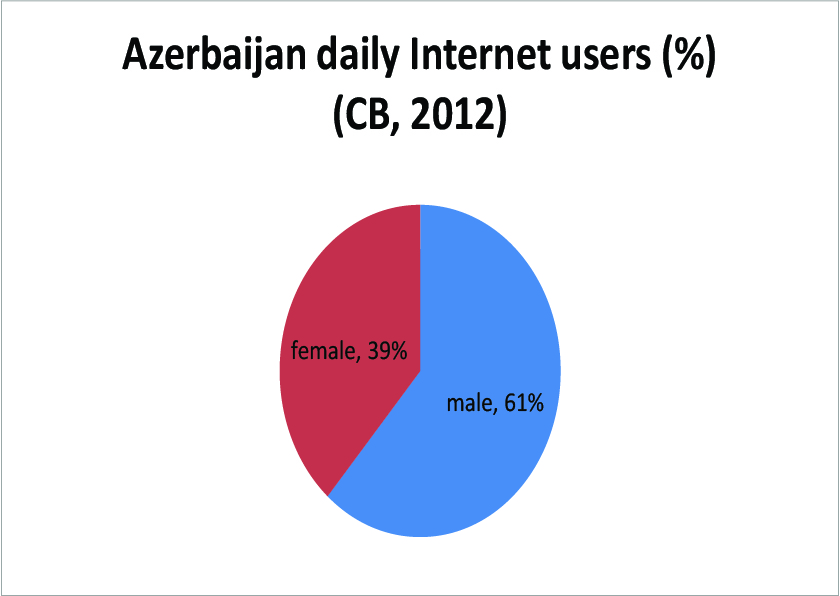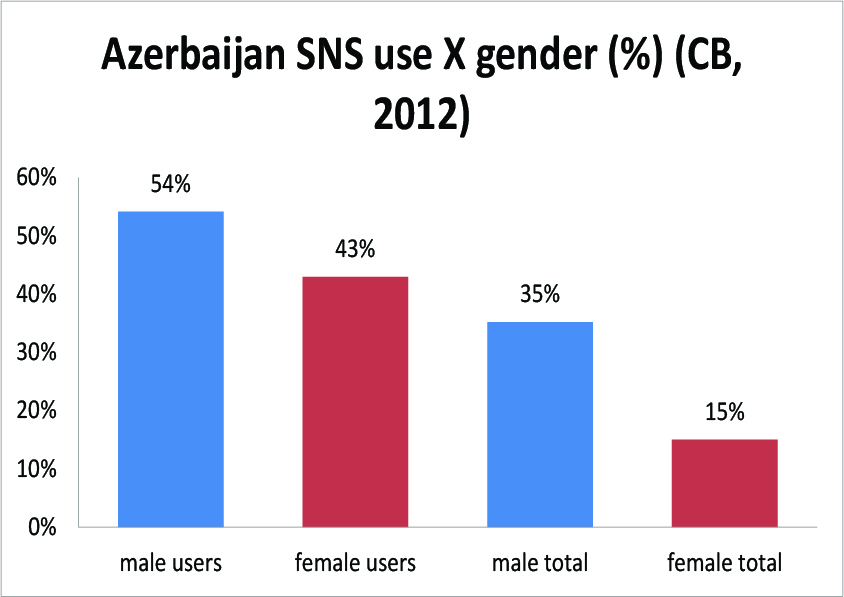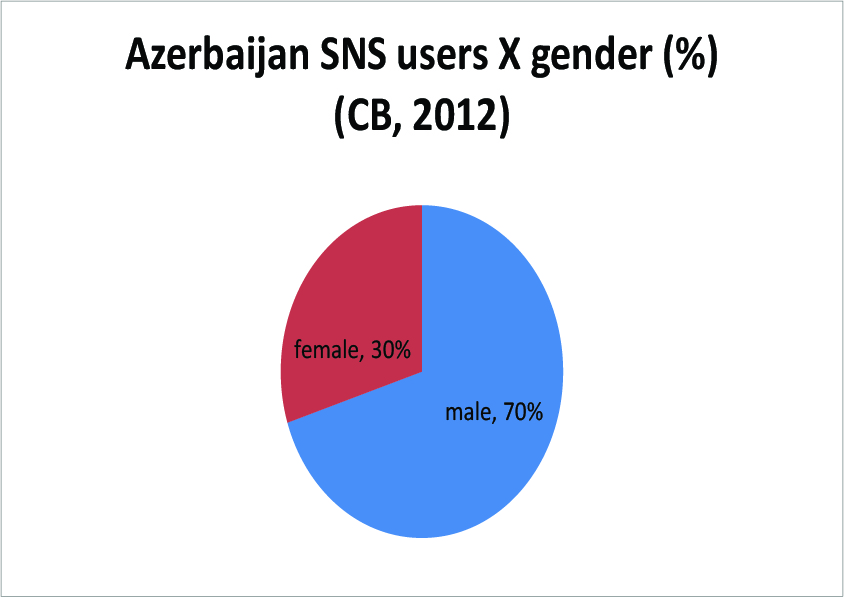Dear Raffi.
Congratulations! You’re really doing it! The crowds are growing.
First, I’m sorry that I was so skeptical. I was skeptical back when you were hunger striking. I didn’t really get what you were striking about. And I did giggle at the image of you with that blanket.
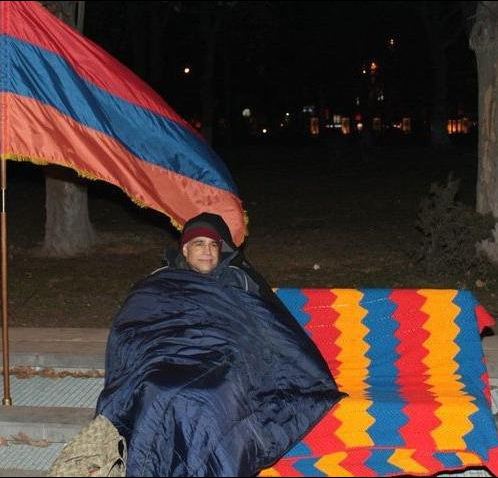
And my basic attitude toward this 2013 election was SSDD.
But somehow you did it! And I’m thrilled for you.
Second, let me tell you what I like about you.
You LOVE Armenia. You really do. I can’t think of anything that you’ve ever done that was not out of pure love for Armenia. You moved there in 1990, FFS. You raised your kids there, even during the tough times. Not a lot of diasporans did that. Also your wife seems really cool and Orran (a center for street children to go for food, tutoring, hygiene, etc.) is one of my very favorite organizations and has been for years.
And wow – you have somehow managed to stay really clean. This is not easy in Armenia.
Also, you’re smart. From one PhD to another, I am virtually high fiving you.
And I really like that you’re engaging people in the regions in your movement. That is super smart. Well done.
But Raf jan, we need to talk about something…
WHAT THE HELL ARE YOU THINKING IN TERMS OF FOREIGN POLICY?
Let me copy and paste from a blog post that I wrote last weekend (and change the pronouns!)…
You seem to want diplomatic relations between Armenia and Turkey. (Here‘s more on his thoughts on this.) This is a 2009 piece you wrote on this. But then, more recently during your 2011 hunger strike, you had a list of 15 demands including No to [the Armenian-Turkish] Protocols, yes to Homeland. So if you don’t want the protocols, what’s your idea for establishing relations?
Oh yes, now I remember what you think about establishing relations, in this 2012 piece you wrote you said “Reconciliation between the Turkish and Armenian nation-states must, and will, take place based on the triumph of truth, however terrible, and the delivery of justice anchored in earnest remorse, meaningful restitution, and a guaranteed reconnection between the Armenian people and their patrimony. To this end, we remember our martyrs, salute all who prevent and punish crimes against humanity, and await Turkey’s true redemption.”
These are some pretty strong demands to come into negotiations with.
Then then you said this in 2013: “By 2015, either the border between Armenia and Turkey will be opened without preconditions, or on April 24 in Tsitsernakaberd we will sound our preconditions to Turkey. A major priority of our political agenda will be genocide recognition, compensation to relatives of victims, the guaranteed return of descents of the Armenians affected by the genocide to their land, and a new agreement on the delimitation of the Armenian-Turkish border, based not on the Bolshevik-Turkish acts of 1921 but on the modern international law”.” (The author of this article calls you irresponsible for saying this.)
So, you want genocide recognition to be a major priority of the political agenda of the Republic of Armenia?
I’m sorry, but there are about a billion more important things than this, IMHO, Raffi jan.
So, to move onto your ideas about Karabakh — which, IMHO, is more important than Turkey… You wans NK to be independent like Kosovo. (Here you are during your 2011 hunger strike, with your list of 15 demands including Recognition of Artsakh.)
But, then Raffi you went to Baku last year and said some cray-cray stuff (text here).
“1) Azerbaijan launches a failed war of aggression against Mountainous Karabagh and its freedom-loving people, as well as against its own minorities living in its midst, and then blames the self-defenders for that failure;”
Opening with this might not be the best diplomatic strategy.
“2) Azerbaijan pursues an official policy of intentional destruction of cultural heritage, and most particularly the daylit destruction in December 2005 of thousands of hand-crafted khatchkars (cross-stones) at the medieval Armenian cemetery at Jugha, Nakhichevan-not as collateral damage of war, but 11 years after the ceasefire and hundreds of miles away from the conflict zone-and ever since has blocked all international missions to the site of this shameful desecration;”
Yeah, looks like you’ve spent some time on the Internet.
“3) Azerbaijan continues to release and glorify convicted axe-murderers for the sole reason that the victim is Armenian, without even one voice of condemnation of this cowardly act of hatred in what the founder of ICAPP has referred to as “this inclusive democracy”; and”
Wait – there were multiple axe murderers?
“4) Azerbaijan, in a redundant war of words and terminologies, throws about at meetings such as this the loaded language of “occupation,” when in reality it was liberation, decolonization and everybody’s right to self-determination, and when “occupation” in fact applies most appropriately to Azerbaijani and Turkish control-through genocide, ethnic cleansing, and then the shame of official denialism – of large swathes of the Armenian patrimony from Shahumian and Nakhichevan to the western reaches of the Armenian Plateau.”
Well, one man’s occupation is another man’s liberation.
“Peace, security, and reconciliation are possible, however, when we all live by the same standards:
1) achievement of good, self-critical governance, public accountability, and the assumption of responsibility for safeguarding the equal civil rights and human dignity of our own constituents, opposition parties, non-governmental organizations, and minorities;”
Okay, I dig this.
“2) empowerment of the average citizen, civil society, and true democracy, not rule by dynasty or dictatorship;”
I like this too.
“3) recognition of the liberty, sovereignty, and integrity of all states, old and new, including the Republic of Mountainous Karabagh, whose return to the status quo ante is impossible, but rather whose recognition within its constitutional frontiers will enable a simultaneous, multilateral, and reciprocal right of return for all refugees of all nationalities-not only the displaced Azerbaijanis, but also the more than half million Armenian deportees from Shahumian, Nakhichevan, Artsvashen, and Azerbaijan proper, together with the descendants of the victims and survivors of the great genocide and national dispossession of the Armenian people;”
RAFFI, WTF? WTF? WTF?
“4) protection of all cultural heritage and condemnation of all desecration of that heritage, whether Muslim, Hindu, Buddhist, Jewish, Christian, or other;”
Ummm… okay.
“5) prevention and punishment of all genocides and crimes against humanity; and”
Prevention yes… punishment, you need to contextualize this a bit.
“6) the exercise of humanity and upholding of the common understanding that pain and suffering are universal and, in this connection, due remembrance of the thousands of righteous Turkish neighbors who demonstrated these virtues in saving Armenian lives, including my grandmother’s, during the Genocide of 1915, as well as the hundreds of Azerbaijanis of good conscience who attempted to do the same during the anti-Armenian pogroms in Sumgait and Baku decades later.”
Again, Raffi, WTF?
So, Raffi… I don’t want to insult you, but seriously, your foreign policy sounds like it was written after the 13-year-old AYF (Dashnak youth group) basketball tournament.
Foreign policy is, perhaps tied with economic reform and ending corruption, so important to Armenia. You can’t have such a simplistic view.
My sincere hope is that you have some smarter people around you that are going to tell you to STFU more often. Right now you’re sounding pretty crazy.
In closing, I REALLY want to be able to support you and your movement because I passionately want a more democratic Armenia. But this foreign policy stuff makes it incredibly hard for me to entirely support you.
If you have a spare minute, please let me know if you have some plans for foreign policy that don’t sound completely nuts.
Thanks a ton,
Your pal,
Katy
շնորհակալություն,
ընկերուհիդ,
Քեյթի
